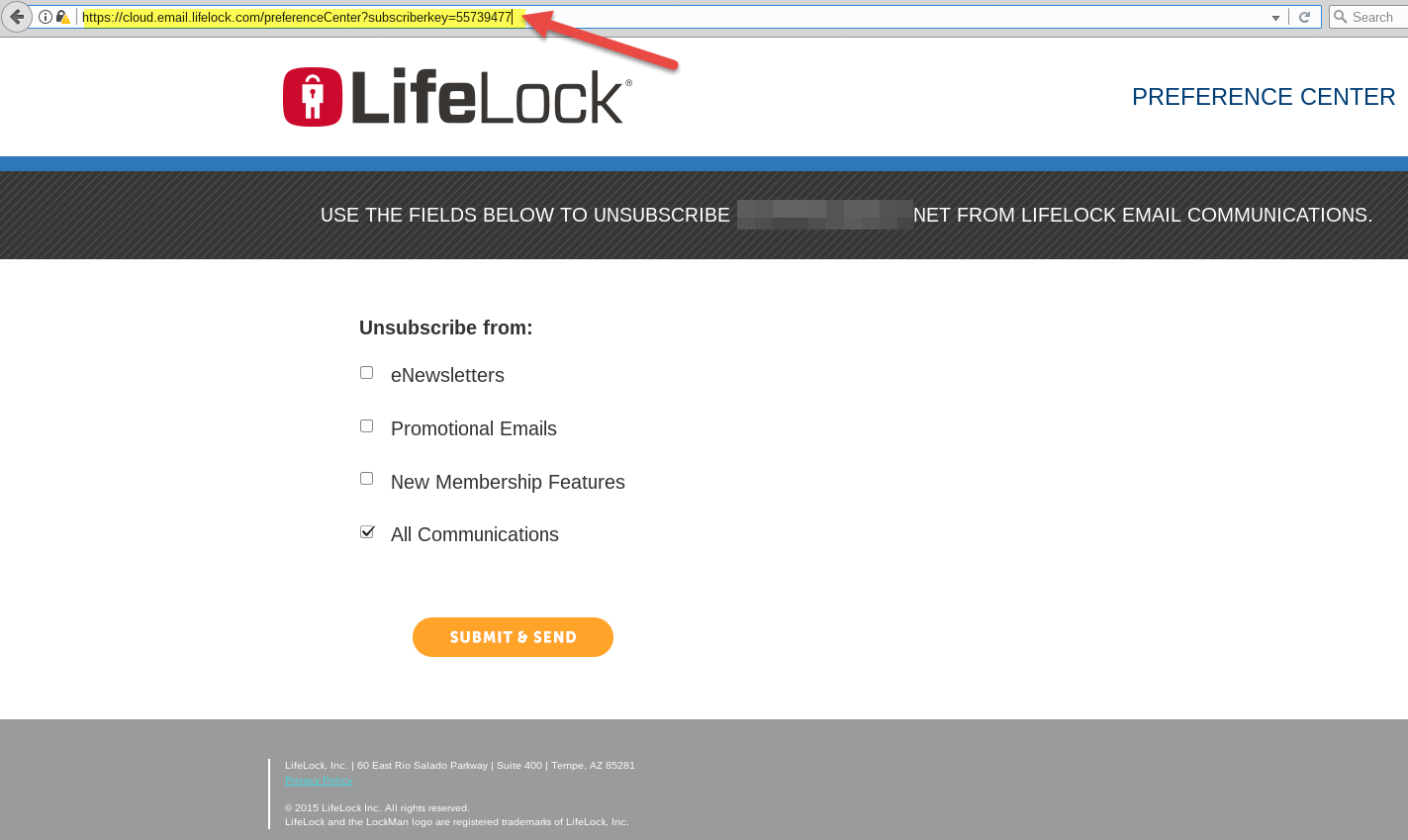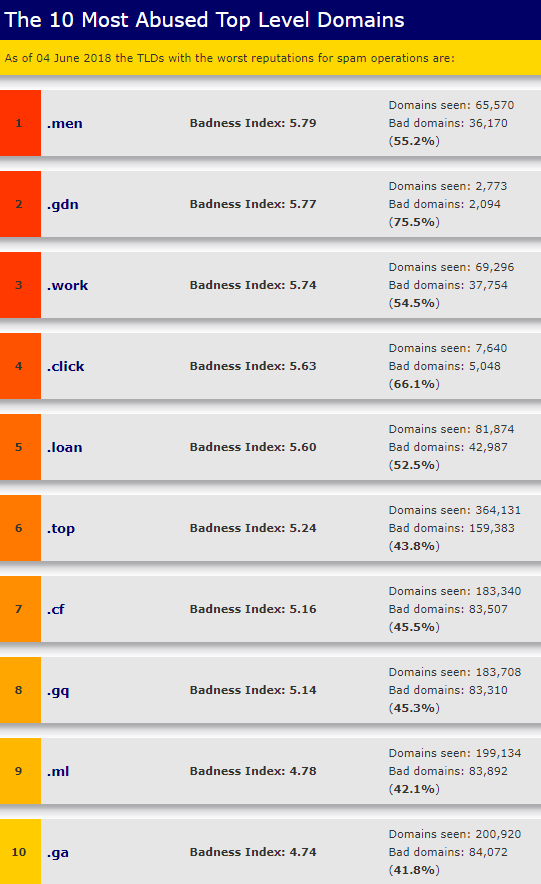Switching from Symantec to Sophos just got even easier

Credit to Author: Seth Geftic| Date: Mon, 28 Oct 2019 16:30:22 +0000
Replacing Symantec Endpoint Protection? Step up to Sophos Intercept X.<img src=”http://feeds.feedburner.com/~r/sophos/dgdY/~4/T4kprj0xlLE” height=”1″ width=”1″ alt=””/>
Read More




